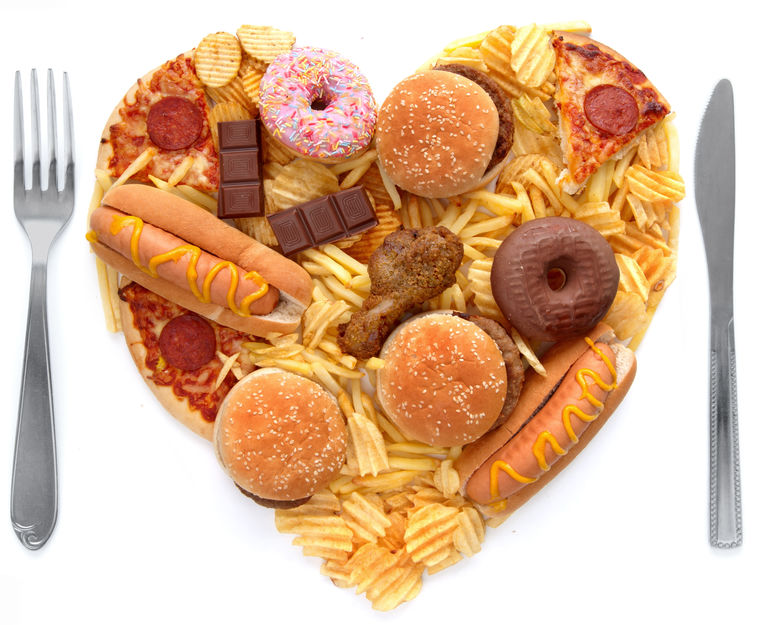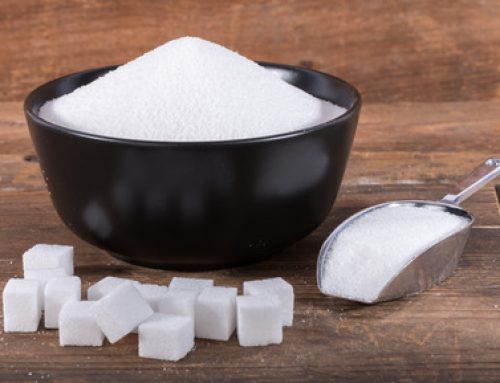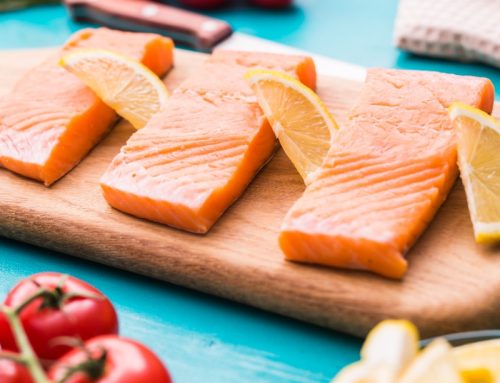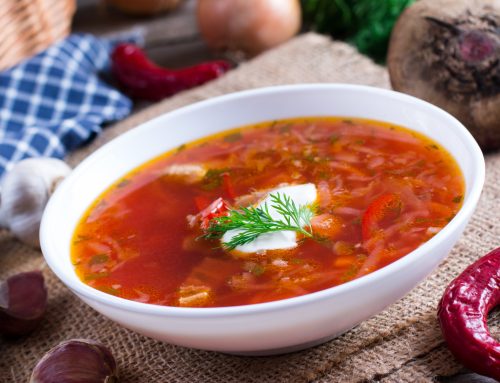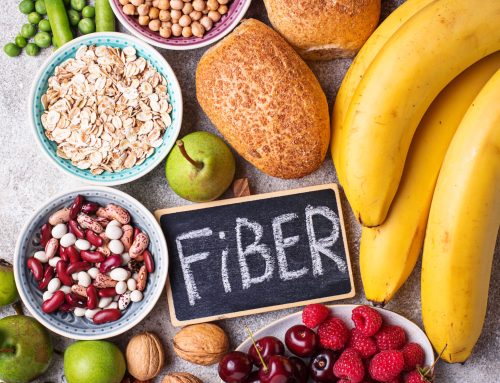Are you looking for stress eating help? Why is it that when the stress piles up — along with the laundry, the computer glitches, the worries over the long-running pandemic — we always seem to crave brownies and never broccoli?
If you, too, have reached the point where carb-heavy food has become a dietary staple, there are ways to understand what’s happening. You should also blame your biology, which triggers anxiety-related cravings. You can learn to make more conscious choices so that stress eating doesn’t harm your health over time.
Why we Want Cookies
According to recent surveys, two-thirds of people in the U.S. say they’ve been eating more feel-good foods, such as pizza, ice cream and French fries, since the coronavirus pandemic began.
Most of us learned to associate such calorie-dense foods with comfort as kids — we got a cookie to soothe the pain of a skinned knee or an ice cream cone after a shot at the doctor’s office.
According to says Susan Albers, a clinical psychologist and emotional-eating expert at the Cleveland Clinic, “The idea that comfort food is rewarding is ingrained in our culture and our brains, so it’s not surprising that we seek it out as a way to soothe ourselves when we’re stressed.”
Physiology is at play, as well. When you’re stressed, your body releases cortisol, a hormone that, among other things, plays a role in eating behavior and food choices. Short-term stress, like racing to meet a deadline, typically tamps down appetite.
But when cortisol stays elevated, as it does when you’re dealing with long-term distress from situations like a months-long pandemic or job insecurity, it not only stimulates appetite but triggers cravings for highly palatable, fatty, sugary fare.
“We’ve also found that stress might raise the levels of ghrelin, the hormone that signals your body it’s time to eat,” says Ariana Chao, a stress and food researcher at the University of Pennsylvania School of Nursing, whose studies have shown that high cortisol and chronic stress can lead to weight gain.
All told, along with priming you to crave carbs, stress makes it easier to overeat.
The Truth about Comfort Food
When you’re midway through a slice of pizza or a handful of potato chips, you may indeed feel a little less edgy. “Comfort food distracts us from our problems, tastes good and stimulates the brain’s reward system, so you get a hit of pleasure,” Albers explains.
But, according to Traci Mann, a professor of psychology and food researcher at the University of Minnesota:
• As a true stress-relief tool, unhealthy treats are actually no more effective than fruit or vegetables or no food at all.
• There’s nothing wrong with having a treat when you’re stressed.
• But we’ve found that if you’re eating comfort food to improve your mood, you’d be just as well off eating a bowl of broccoli.
This position has some research to back it up:
• In 2018 researchers at UCLA conducted a study in which they monitored participants’ stress with sensors while they delivered a five-minute impromptu speech and then took a five-minute mental arithmetic test.
• After the ordeal, participants received one of the following: their favorite unhealthy comfort food, their favorite vegetables or fruits, or no food at all.
• Throughout the process the researchers assessed subjects’ moods with a standard questionnaire, and in the hour after the tests, they collected cortisol at three different times to see whether the groups differed in their ability to recover from stress.
• Neither unhealthy comfort food nor healthy food had any effect on stress recovery or mood.
• So if you feel like eating when you’re stressed, it makes sense to try having healthy food, like blueberries or avocado, first.
How to Limit the Impact of Stress on Your Diet
Before you whip up some mac ‘n’ cheese at the end of a challenging day, ask yourself whether your craving is coming from your belly or your brain.
“Rate your hunger on a scale of 0 to 10,” suggests Jenny Taitz, a clinical psychologist in Los Angeles and author of End Emotional Eating. If you’re on the lower end of the range, think of ways you could deal with anxiety more directly, like listening to uplifting or calming music, going for a brisk walk, calling a friend or snuggling with your dog, Taitz advises.
Just delaying eating gives that feeling of urgent need time to pass.
It also helps to pay attention to your food choices throughout the day. “A healthy diet, with plenty of vegetables, fruits and protein, can keep your body and mind on an even keel, whereas sugar and caffeine cause more ups and downs in your mood and energy and exacerbate stress,” Albers says.
And here’s a comforting thought: As long as you’re not a compulsive stress eater, one way to make peace with occasional cravings is to accept that stress eating can be part of a normal, healthy diet, says Rebecca Scritchfield, a Washington, D.C.–based nutrition counselor and author of Body Kindness: Transform Your Health from the Inside Out and Never Say Diet Again. “If you don’t look at comfort food as ‘forbidden,’ you’re more likely to be able to enjoy the experience periodically and not overdo it.”
Binge Patrol: 5 Steps toward Stress Eating Help
Albers offers this stress eating help:
1. Sit down and turn off all technology. When you sit at a table, it reduces binge eating because you’re more focused.
2. Smell and see your food. Using all your sensations to take a mindful bite helps you enjoy the experience.
3. Slowly chew. You eat less when you chew each bite thoroughly.
4. Savor. Think of food as fine wine. Don’t gulp it.
5. Smile between each bite. It releases feel-good chemicals in your brain, relaxes you and gives you time to think about how full you are and if you really need more.
Click here for full article on stress eating help.


